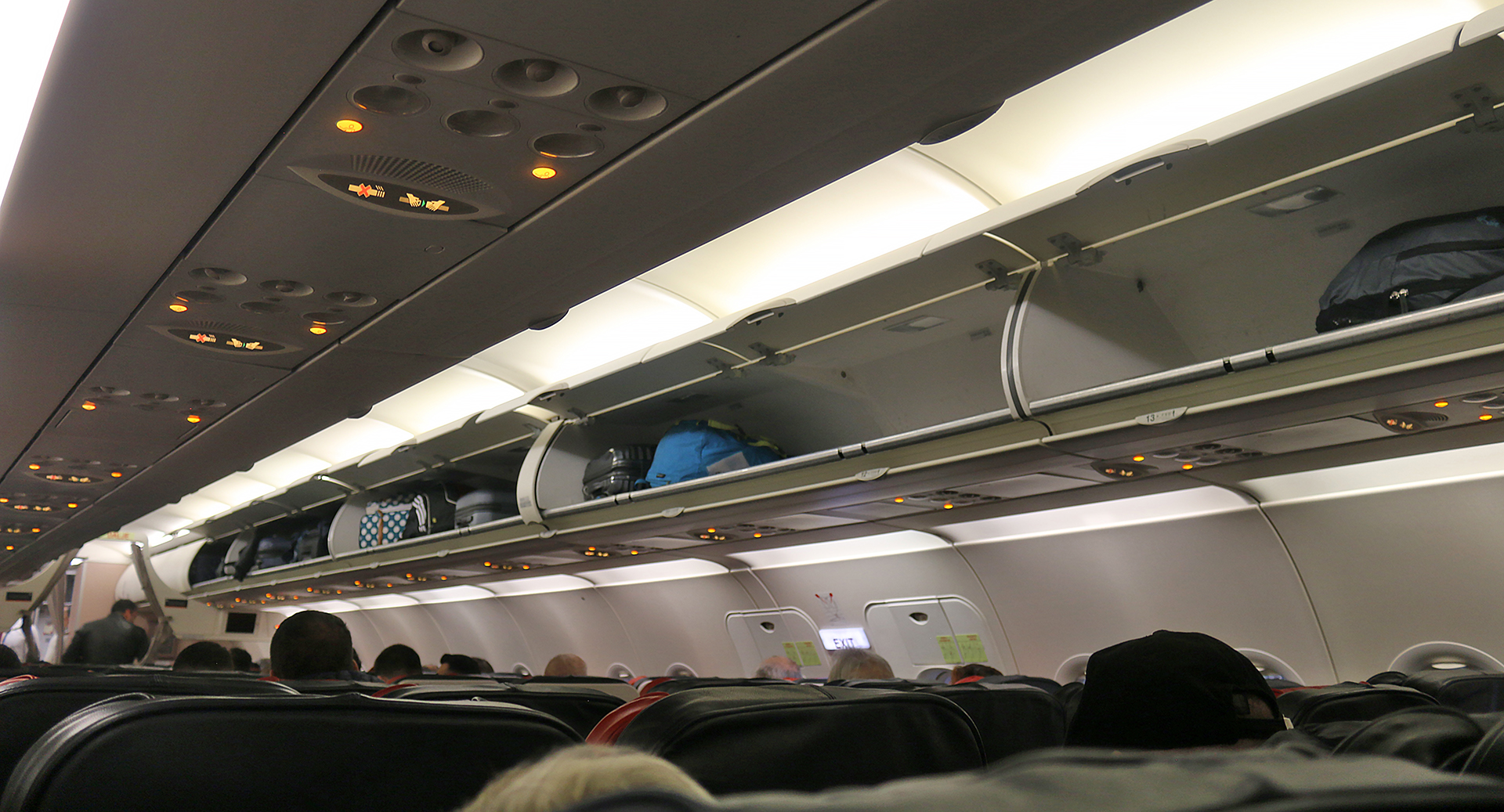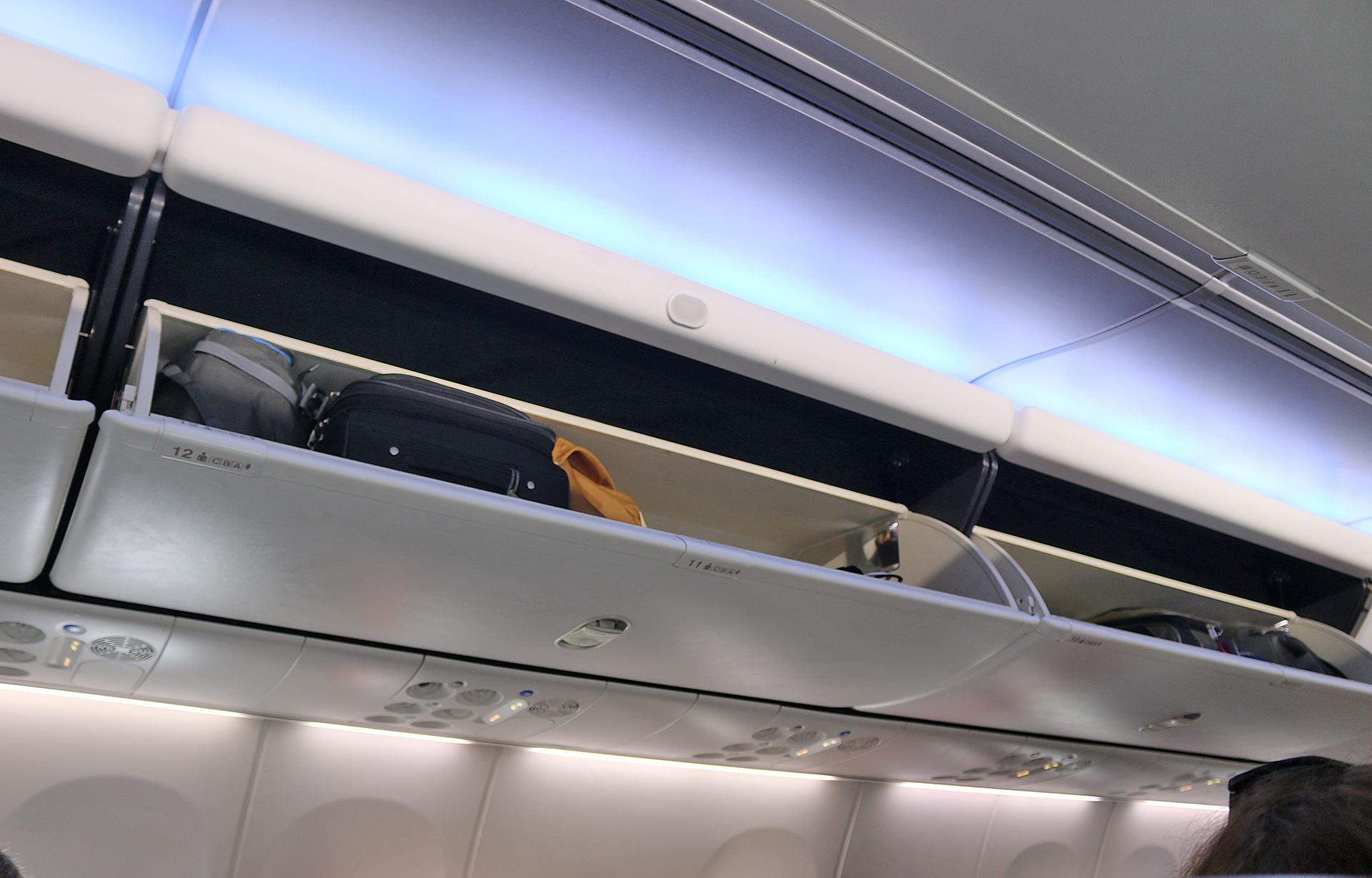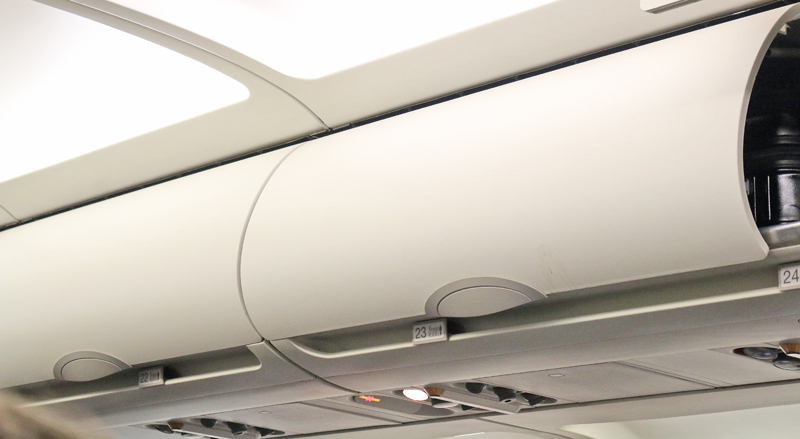Note: This article was originally published on Saturday, April 28, 2018 at 11:01 in the evening and has been updated.
Should people who cannot lift their luggage not travel? That question has sparked a debate among frequent travelers over the years, as some of them feel that if fellow passengers are unable to handle their belongings on their own, they probably should not even be traveling; while others believe that denying assistance to a fellow passenger in need is rude and inexcusable.
Should People Who Cannot Lift Their Luggage Not Travel?

Some passengers may actually expect passengers to assist them every time they travel; and that expectation can be off-putting to fellow passengers. No one should travel with the expectation that fellow passengers will be of assistance, as many people would consider that inconsiderate.
British Airways used to be one of the airlines which states the following as a requirement pertaining to the allowance of carrying luggage aboard the airplane: “You must be able to lift your bags into the overhead locker by yourself.” That statement either does not appear to be there anymore; or it is hidden and not as easy to find.
If a passenger is unable to lift their belongings either to or from the overhead storage compartments — due to medical issues, frailty, advanced age, or simply because he or she is short — the obvious solution is if the person is unable to lift his or her luggage, then he or she should check it. Additionally, they should also place their valuables, medications, and other important belongings in a bag which he or she is able to carry aboard the airplane…
…but they are most likely attempting to avoid paying for checking their bags because they do not want to spend the money, as checking luggage usually costs additional money these days — whereas airlines still exist that allow passengers a certain amount of allowance in carrying belongings aboard airplanes.
They will still need to find a way to haul their luggage to the origination airport and from the destination airport. Fortunately, myriad ways to do so are available to them.
Of course, another obvious solution is to simply not lug as many items when traveling — and that is easier to do than one might believe. A good rule of thumb is to pack as little of what is needed as possible — and then cut that in half.
Final Boarding Call

I do have two questions for readers who are attorneys or are experienced with law in general: what happens if a person becomes injured as a result of helping to retrieve the belongings of someone — for example, a heavy bag falls on a person? Also, what happens if the bag is damaged while a person is retrieving it from an overhead storage bin?
I ask those two questions because if someone needs assistance with his or her belongings, I will usually be more than happy to offer it with a smile — as long as I am being treated civilly and with respect. In some obvious cases, I may even offer to assist before the person has a chance to ask. Blurting out a “Hey, get my bag for me!” or a terse “My bag is behind you” will more than likely result in me ignoring that person — especially if the person acts like he or she is entitled and expects fellow passengers to jump at their commands.
The words “please” and “thank you” should be expressed genuinely — and not in a perfunctory manner — when someone offers assistance.
As I have espoused for years here at The Gate With Brian Cohen, being civil and respectful to other people will usually go far in ensuring that a pleasant travel experience will be enjoyed by as many people as possible, as there is usually no reason to be rude. This experience is no exception, in my opinion — to and from all individuals who are involved.
All photographs ©2016, ©2022, and ©2024 by Brian Cohen.

